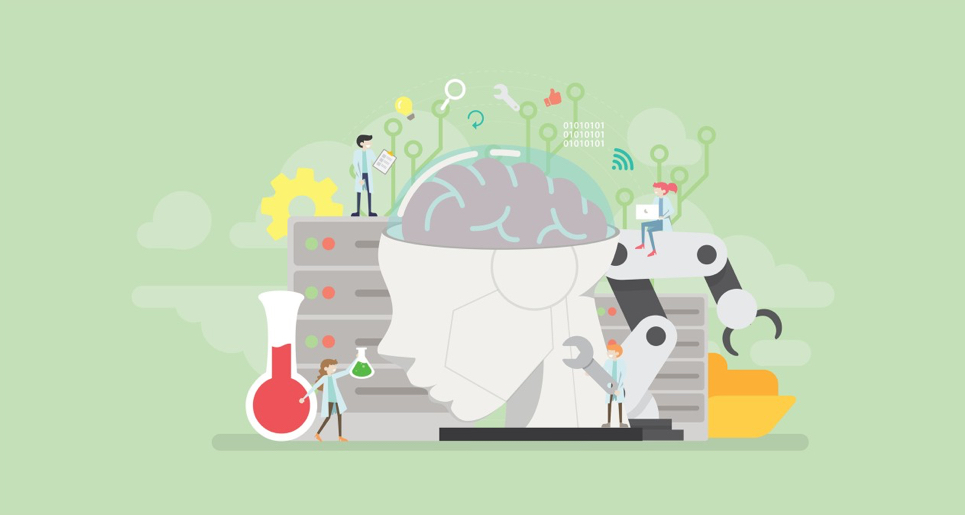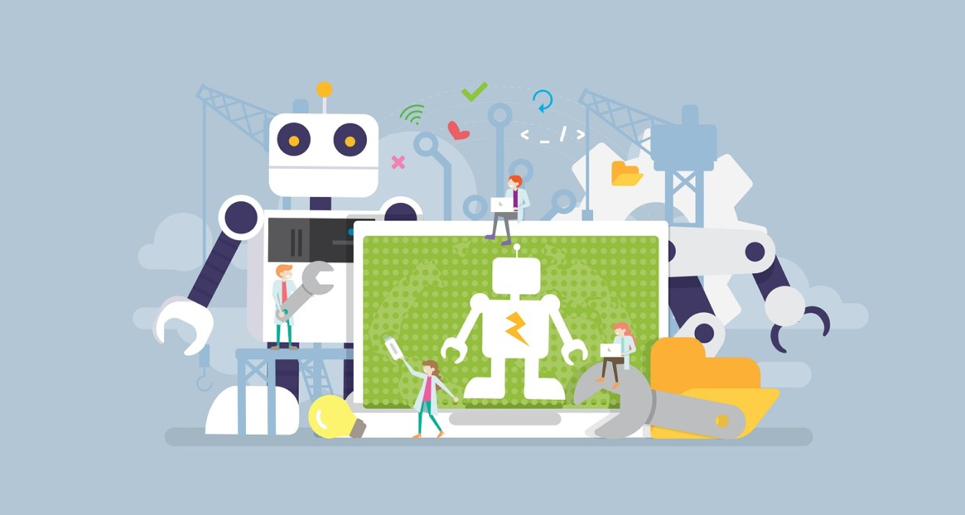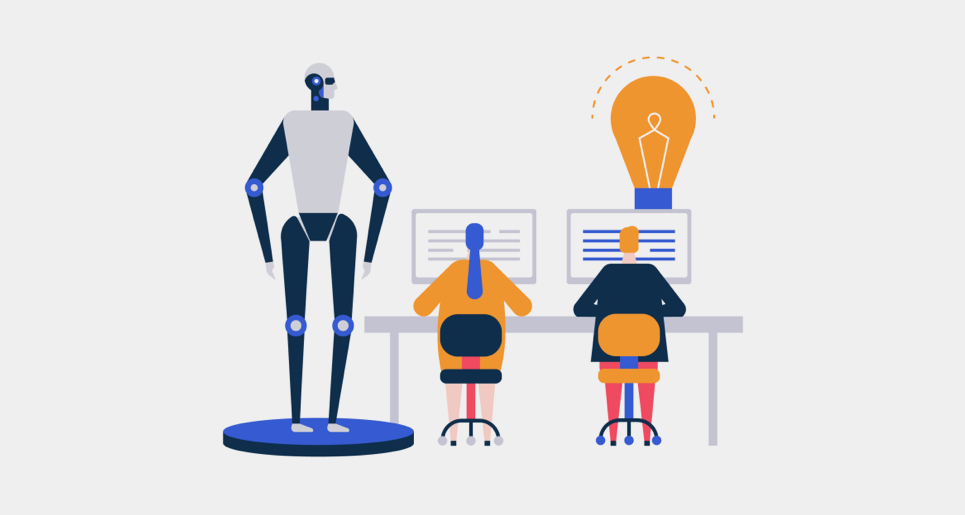Two terms are often discussed in the business process automation space – Robotic Process Automation (RPA) and Intelligent Automation.
RPA refers to the configuration of computer software to mimic human interactions within digital systems to execute a business process. Such software robots allow humans engaged in repetitive and rule-based tasks to be assisted in their work to improve efficiencies and remove errors.
Intelligent automation is, well, more intelligent than rule-based RPA. It goes on where RPA stops. It incorporates artificial intelligence (AI) technologies to improve robotic automation. Some of the aspects of intelligent automation which help it to make RPA look better are:
- Machine learning
- Natural Language Processing (NLP)
- Intelligent document processing
That is why Visualyze.ai prefers to use the term intelligent process automation instead of RPA. Let us look at two examples where intelligent automation works ‘better than RPA.’
First, RPA can automate document handling and processing. But document processing can involve both structured and unstructured data and documents in non-standard formats. Intelligent Automation can be particularly useful in receiving and classifying documents, extracting and validating valuable data from those documents, and finally, exporting the relevant data to internal and external stakeholders.
Second, RPA can help with the screening of applicant resumes. Still, only intelligent automation will notice the stuffing of keywords in a resume and can decide the profile doesn’t have the necessary skills. This way, intelligent automation enhances the speed and accuracy of RPA but helps avoid shortlisting wrong profiles.
This is just an indicative list of possible use cases of intelligent process automation, but it is by no means exhaustive. The possibilities are endless, and the future is exciting.







